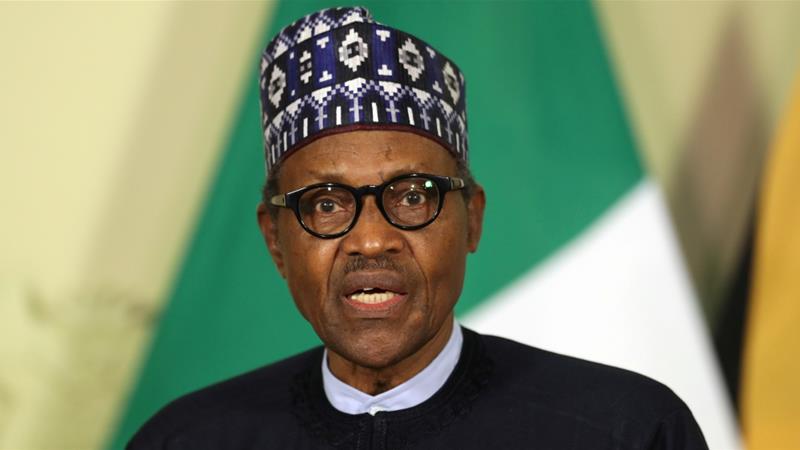President Muhammadu Buhari has been urged to withhold assent to the amendment to the recent amendment of the Public Procurement Act, 2007 which was passed by the Senate.
President of Chartered Institute of Purchasing and Supply Management of Nigeria (CIPSMN), Mr Ado Jibrin who gave the charge at the Institute’s 2019 Annual General Meeting (AGM) held in Abuja, alleged that the final amendment bill was flawed with a lot of mutilation.
They also chided the present administration over its refusal to comply with the provisions of the Public Procurement Act, 2007 which provide for the composition of the Public Procurement Council which is the policy-making organ of the Bureau of Public Procurement (BPP), adding that whatever the Bureau does so far remains a nullity and conflict with international best practices.
“Our Institute was heavily represented. From the information reaching us, we gathered that the Senate had passed the amendment Act with a lot of mutilation which in our view will not augur well for public procurement in the country.
“We, therefore, request the President to decline signing the newly amended bill, instead of to implement the existing Act which gives a true picture of the Act which was well prepared in consultation with the real key stakeholders, individuals and the World Bank,” he urged.
He also noted that the amendment was done by the Senate which includes the appointment of the President or retired Chief Justice as Chairman of the Public Procurement Council was inconsistent with international best practices, as such person may be called upon to defend his actions and inactions after leaving the office.
“About 90 per cent of the 2007 Act are in order, now you are making the amendment blindly because it wasn’t been implemented so even if it’s amended now and afterwards, all stakeholders should make observation later for proper amendment.
“The problem we have is they have brought so many institutions on board. This Council supposes to be policymaking, it’s not supposed to be for professional bodies to go and be making arguments, where everybody will be fighting for professional positions. But the most important thing is that it suppose to be for procurement policies not for professional politics,” he earned.
On his part, CIPSMN Registrar, Alhaji Mohammed Aliyu rejected the recent passage of the bill which seeks to review upward the 15% mobilisation fee to 30%, noting that such initiative poses a great threat to the country.
He also frowned at a situation where payment of mobilisation fee is being paid for consultancy and services and those contracts for the procurement of furniture and stationeries.
“But they defended that it’s not to be called mobilisation fee but an advance payment that is how they come about that coinage. But we as professionals look at it that it is abnormal and that is not the way it should be.
“We enlightened them that not all contracts that you give mobilisation fee but mobilisation fee is strictly meant for projects like road construction, bridges and not that you give consultancy and services to the company, such company doesn’t need mobilisation fee.
“If you give to a company to supply stationeries or office furniture contract it doesn’t deserve the mobilization fee or this advance payment they are talking about,” Alhaji Aliyu stressed.
Source: Nigerian Tribune




